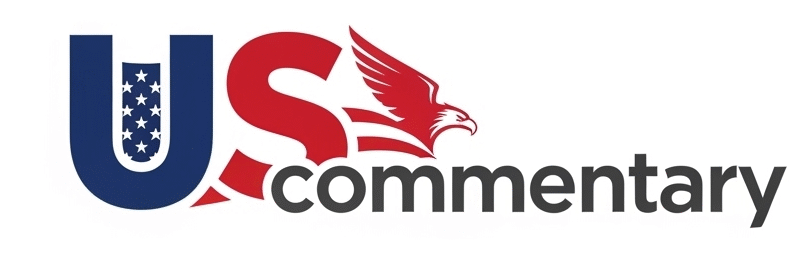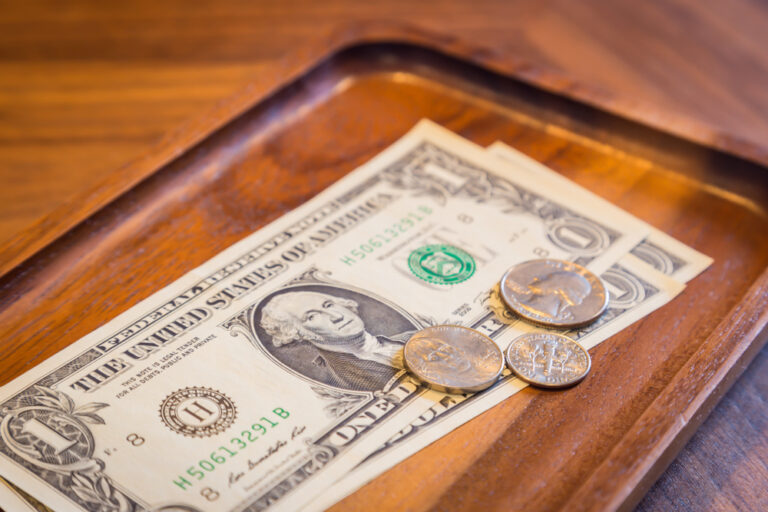
A proud American family celebrating the freedom that defines their identity and everyday life.
You hear it in speeches, read it in textbooks, and see it on bumper stickers: “Land of the Free.” It’s on coins and carved into monuments. The Statue of Liberty isn’t just a landmark; she’s a global symbol of the American ideal. But why is freedom such a big deal—a nearly sacred concept—in the American mindset?
Let’s unpack it—no political jargon, just straight talk.
🗽 1. It’s in Their DNA (Kind of Literally)
America was born out of rebellion. The first settlers, many of them seeking to escape religious persecution and rigid social hierarchies in Europe, were driven by a desire for autonomy. When the U.S. later broke away from Great Britain in the 1700s, it wasn’t just a squabble over taxes. It was a rejection of monarchical control and the idea that people’s rights could be dictated from a distant capital. The Declaration of Independence, a founding document, famously states that all people are created equal and have “certain unalienable Rights,” including “Life, Liberty and the pursuit of Happiness.” This wasn’t just a political statement; it was a philosophical one. The nation’s very foundation was built on the premise of individual liberty. So yeah, freedom became their founding flavor.
📜 2. The Constitution Makes It Sacred
If the Declaration of Independence was the birth certificate, the U.S. Constitution and its Bill of Rights became the rulebook. These documents didn’t just create a government; they explicitly limited its power. The first ten amendments are a list of what the government cannot do to its citizens.
- Free speech: It’s not just a right to say what you want; it’s the bedrock of a democratic society where ideas can be debated freely.
- Free religion: This ensures people can worship (or not worship) as they choose, without fear of government intervention or a state-mandated religion.
- Right to protest: It guarantees the right to challenge authority, to make your voice heard, and to demand change.
- Right to bear arms: This is one of the most debated rights, but for many, it’s a final safeguard against potential tyranny.
Americans are taught from a young age that these rights are non-negotiable. To question them is to question the very identity of the nation. Touch them, and you touch a nerve.
🌎 3. It’s Part of the Global Branding
Think about it: when America talks about itself on the world stage, freedom is the headline. This narrative is woven into everything.
From Hollywood movies where a lone hero fights for liberty against an evil empire, to political speeches by presidents positioning the country as a “leader of the free world.” This image got even stronger during the Cold War when the U.S. positioned itself as the democratic, free alternative to the oppression of communist regimes. This wasn’t just an internal belief; it was a core component of U.S. foreign policy. This branding has made freedom an export—a value that America believes it should promote and defend around the globe.
🧠 4. It’s Personal, Not Just Political
For many Americans, freedom isn’t just an abstract concept debated by politicians; it’s about their day-to-day lives. It’s the freedom to move across the country for a new job, the freedom to choose your own path in life, and the freedom to start a business with an innovative idea. It’s the feeling of having personal control—over your finances, your career, your family, and your beliefs. This sense of individualism is a defining trait of American culture. It’s the idea that your destiny is in your own hands, and you have the liberty to shape it as you see fit. People get protective about that.
⚖️ 5. But There’s Always a Debate
Here’s the twist: not everyone agrees on what “freedom” means in practice. The very word can be used to justify opposing viewpoints, creating constant tension.
- Some say freedom is being able to own a gun for self-protection, while others argue that the freedom from gun violence is more important.
- Some feel that government regulations—on pollution, worker safety, or business practices—limit personal freedom. Others believe these same regulations are necessary to protect the freedom of others to live in a safe and healthy society.
- The debate over healthcare is another example: is freedom having the right to choose any private insurance, or is it the freedom from the fear of going bankrupt from a medical emergency?
So, even within America, freedom is not a simple, fixed concept. It is a flexible, dynamic idea that is constantly being defined and redefined.
🎯 Final Thoughts
To outsiders, this obsession might seem excessive—but for Americans, freedom is like oxygen. It’s an emotional, historical, and deeply personal idea. It is both a source of immense pride and a point of constant, passionate debate. Agree or not, it’s a key to understanding how the U.S. sees itself and its place in the world.



